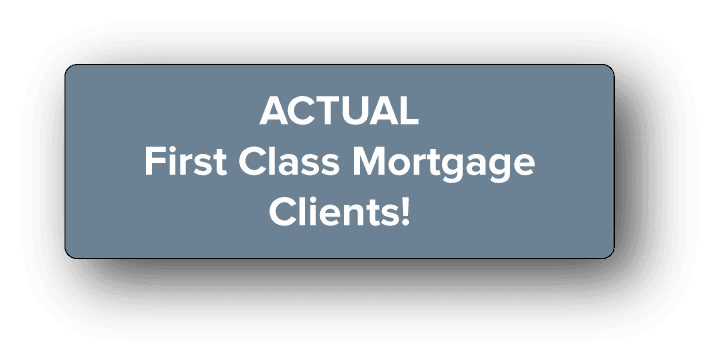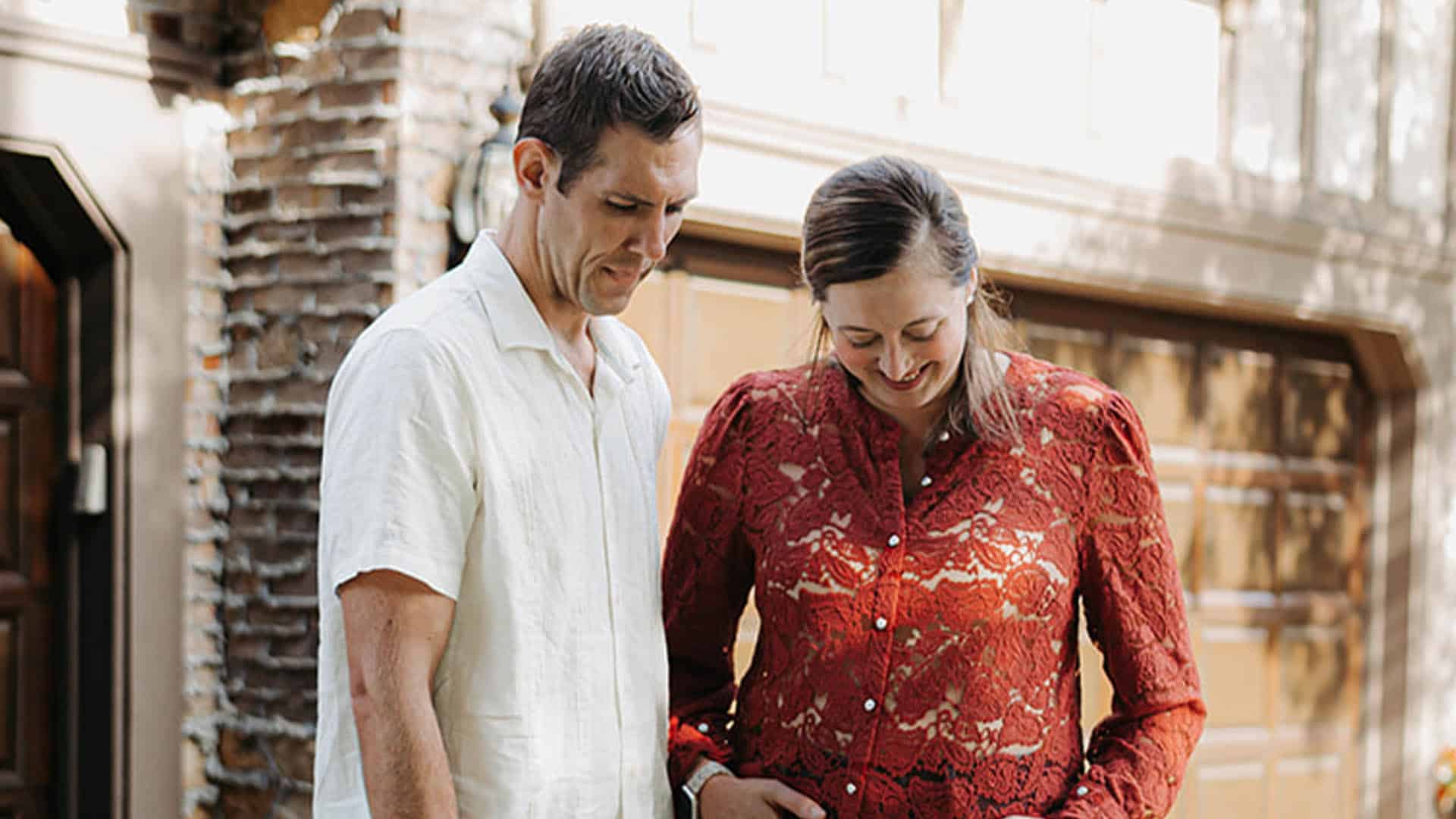Key Takeaways
- The Minnesota Mortgage Registry Tax is 0.23% of your loan amount and is usually paid at closing.
- Total closing costs in MN typically range from 2% to 5% of the loan amount.
- Buyers should prepare for both standard closing fees and state-specific taxes like MRT.
- Down payment assistance programs can help reduce upfront costs.
- Understanding these costs early helps prevent surprises and supports smarter budgeting.
Understanding Minnesota’s Mortgage Registry Tax & Closing Costs
Buying a home in Minnesotainvolves more than a down payment. Between legal fees, taxes, and service charges, closing costs can add thousands to your home’s final price. One cost unique to Minnesota buyers is the Mortgage Registry Tax (MRT)—a fee charged on most new mortgage loans in the state.
This guide explains how the MRT works, how much you should budget for closing costs in Minnesota, and how to prepare financially before closing.
What Is the Mortgage Registry Tax (MRT) in Minnesota?
The Mortgage Registry Tax is a state-imposed fee applied when a mortgageis recorded in Minnesota.
- Rate: 0.23% of the total loan amount
- Who Pays: Typically the borrower
- When Paid: At closing, when the mortgage is officially recorded
The MRT is required in nearly all Minnesota counties unless exempted by special programs or circumstances.
How Is the MRT Calculated?
MRT is based on the principal amount of the mortgage, not the purchase price.
Example:
For a $300,000 mortgage
0.0023 × 300,000 = $690 MRT
It’s a one-time tax, not an annual fee.
Are There Any Exemptions to the MRT?
Yes, but they are limited. Potential exemptions include:
- Certain refinances of existing MN mortgages (re-recordings)
- Transfers between spouses due to divorce
- Some nonprofit housing agencies
- Specific tribal or government entities
Most buyers will be required to pay MRT unless advised otherwise by their lender or title company.
What Other Closing Costs Should You Expect in Minnesota?
Beyond the MRT, typical Minnesota closing costs include:
- Title insurance and title search fees
- Appraisaland inspection fees
- Origination fees or lender charges
- Credit report and underwriting fees
- Recording fees (separate from MRT)
- Prepaid taxes and homeowner’s insurance
Average Closing Costs in Minnesota
For a $300,000 home purchase, closing costs typically range from 2% to 5% of the loan amount.
- Low range: ~$6,000
- High range: ~$15,000
This includes prepaid costs, lender fees, and taxes like the MRT.
Who Pays for Closing Costs in MN?
Usually, the buyer pays the bulk of closing costs, but negotiations may allow for:
- Seller concessions to cover part of the costs
- Lender credits in exchange for higher interest rates
- Down payment assistance that can cover closing fees (check MHFA programs)


How Closing Costs Affect Loan-to-Value Ratio
Lenders consider closingcosts when calculating your Loan-to-Value (LTV) ratio. In some cases:
- You may need to bring more cash to closing
- You could roll certain fees into the mortgage
- High LTV could affect eligibility for certain loan types
How to Reduce Your Closing Costs
Ways to minimize what you owe at closing include:
- Comparing loan estimates from multiple lenders
- Asking sellers to contribute toward closing
- Using MHFA down payment or closing cost assistance
- Negotiating lender fees or seeking no-cost refinance options
Closing Cost Assistance in Minnesota
Several programs exist to help Minnesotans afford upfront costs:
- MHFA Start Up Program: Offers down payment and closing cost loans
- Step Up Program: For repeat buyers needing financial help
- Deferred and Monthly Payment Loans: Can cover closing fees based on eligibility
Differences Between MRT and Deed Tax
Minnesota buyers pay MRT on the mortgage; sellers typically pay a Deed Tax when the property is transferred.
- MRT:Paid by buyer, based on mortgage
- Deed Tax:Paid by seller, based on sale price
Each is calculated separately and due at closing.


How to Plan Ahead for Closing Day
To be ready for closing:
- Request a Loan Estimate early in the process
- Review the Closing Disclosure 3 days before closing
- Confirm wire instructions and payment methods
- Set aside enough funds to cover unexpected fees
How Refinancing Affects the MRT
In some cases, refinancing may be exempt from a second MRT if:
- You are modifying an existing MN mortgage
- No new funds are borrowed beyond the current loan balance
However, most cash-out refinances or out-of-state lender recordings will trigger a new MRT.
What Title Companies and Lenders Do at Closing
Your lender and title company will:
- File the mortgage with the county
- Calculate final taxes and fees
- Collect and disburse funds appropriately
- Ensure the mortgage registry tax is paid and documented
Schedule a Call With Us at First Class Mortgage
Planning your home purchase or refinance?
Schedule a call with First Class Mortgage todayand get expert guidance on navigating Minnesota’s mortgage registry tax, closing costs, and financial assistance programs. We’ll help you feel confident and prepared before closing day.
First Class Mortgage
First-class service. First-class knowledge. A first-class experience. We are staffed and operated by people who understand that each customer is special and individual attention is necessary to satisfy each unique financial situation. That’s why at First Class Mortgage, we have simplified the mortgage process.
Locally owned. Connected nationwide.


